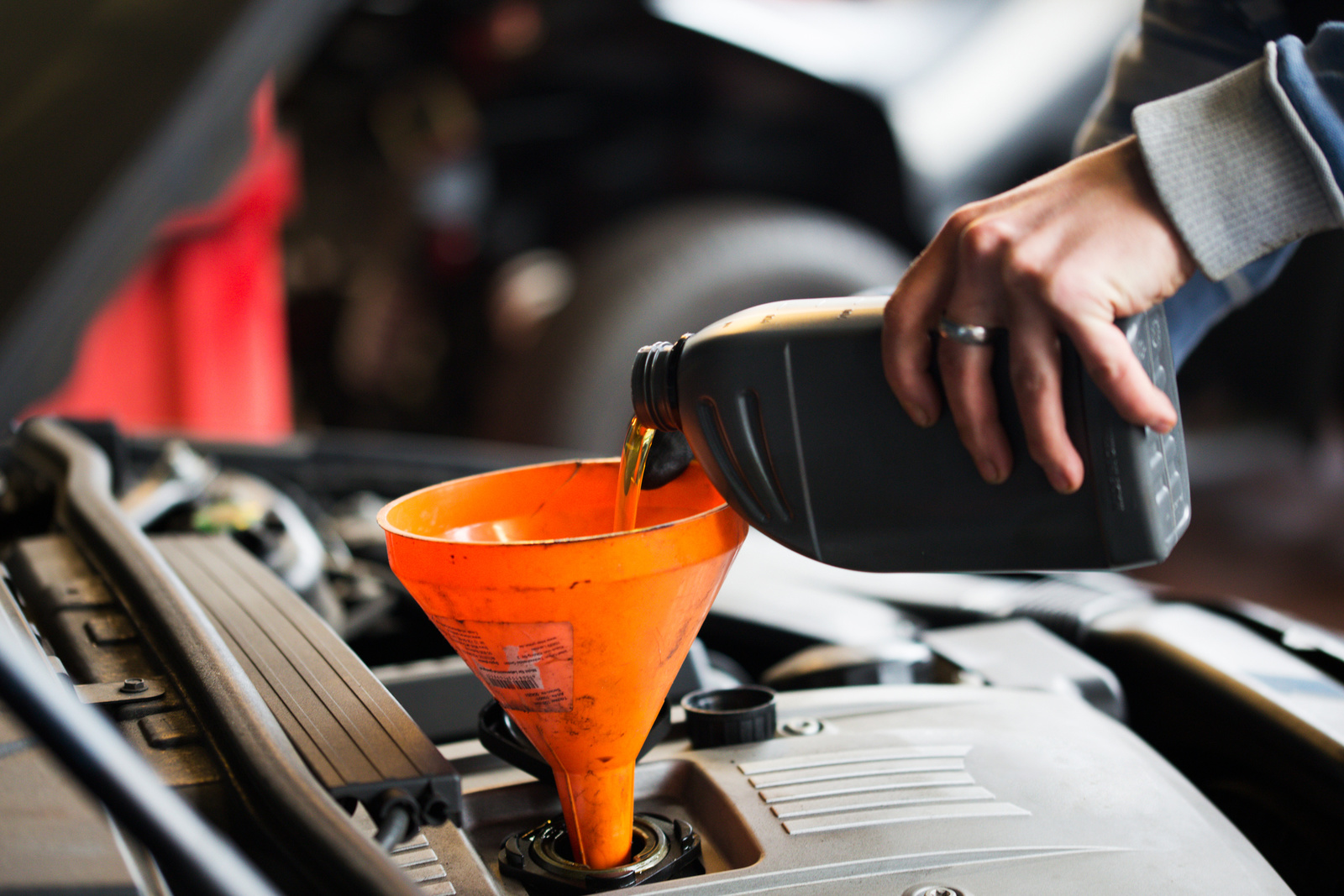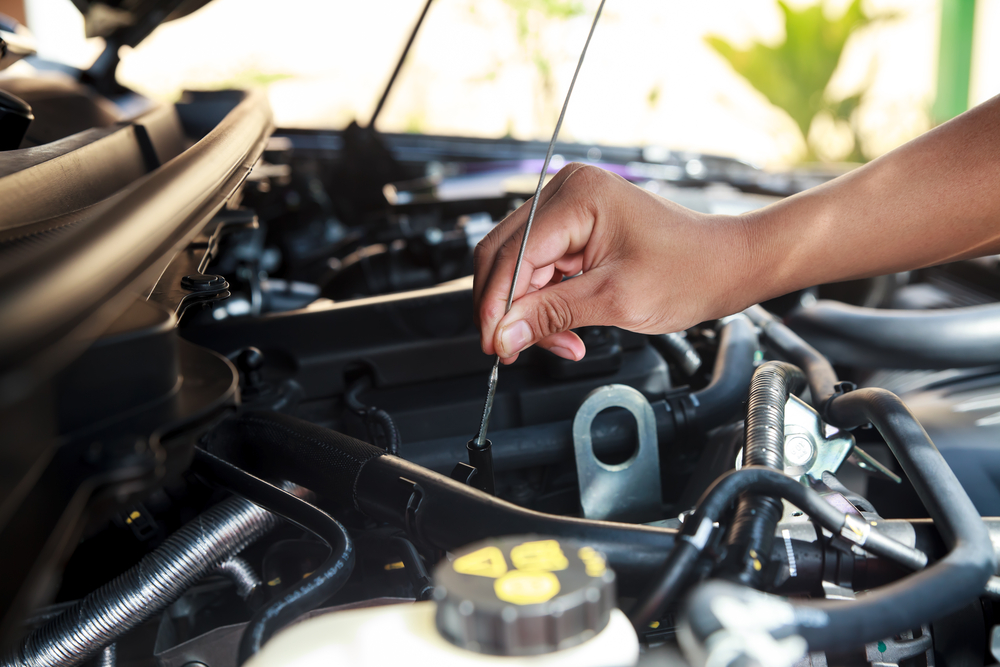All Categories
Featured
Unforeseen automobile repairs can disrupt your finances, making vehicle repair work insurance coverage an appealing alternative for lots of drivers. Whether you're a new auto owner or taking care of an older car, understanding the details of vehicle repair work insurance policy and coverage is essential for making educated decisions.
What Is Automotive Repair Insurance Policy?
Automotive repair work insurance policy, usually called mechanical malfunction insurance (MBI), is a policy made to cover the expenses of changing or repairing lorry elements after a breakdown. Unlike conventional car insurance coverage, which resolves accident-related problems, repair service insurance policy concentrates on mechanical concerns unassociated to accidents.
What Does It Cover?
The particular coverage varies depending upon the insurance provider and the strategy you select. Typically, repair service insurance policy covers:
Engine Repair works: Consisting of elements like the timing belt, pistons, and cyndrical tube heads.
Transmission Fixes: Treatment the gearbox and relevant components.
Electric System: Dealing with issues with alternators, starters, and onboard computer system systems.
Air Conditioning and Home Heating Equipments: Such as radiators, thermostats, and a/c devices.
![]()
Steering and Suspension: Consisting of shocks, struts, and power guiding systems.
However, policies often omit regular upkeep, wear-and-tear things like brake pads or tires, and cosmetic problems.
![]()
That Demands Automotive Repair Insurance Policy?
While repair insurance policy isn't mandatory, it can be useful for:
Proprietors of Older Automobiles: If your cars and truck is out of warranty, repair insurance coverage can give assurance against expensive break downs.
Regular Travelers: High-mileage vehicle drivers are most likely to experience mechanical problems, making coverage a rewarding investment.
Vehicle Drivers of Expensive Designs: High-end or specialized vehicles typically have greater fixing prices, which can be mitigated by insurance coverage.
Key Advantages
Financial Protection: Assists avoid large, unforeseen repair service expenses.
Adaptability: Plans can be tailored to cover specific elements or systems.
Satisfaction: Minimizes stress and anxiety concerning prospective break downs.
Considerations Before Investing In
Prior to committing to a vehicle repair work insurance coverage, take into consideration these aspects:
Plan Terms and Problems: Evaluation what is and isn't covered to avoid surprises during a case.
Deductibles: Comprehend the out-of-pocket costs you'll need to pay before protection begins.
![]()
Repair Service Shop Options: Some insurance companies require you to utilize certain repair facilities, which might be bothersome.
Costs Expenses: Evaluate the yearly cost of the policy versus the chance of needing significant repair services.
Existing Warranty: Examine if your automobile's supplier or supplier guarantee currently provides enough coverage.
Last Ideas
Automotive repair work insurance coverage can be a beneficial protect, specifically for vehicle drivers concerned regarding the high costs of unanticipated fixings. By meticulously assessing plan options and straightening them with your driving behaviors and vehicle demands, you can choose if this coverage is appropriate for you. For added protection, always maintain regular vehicle servicing to minimize failure dangers and optimize your insurance coverage advantages.
What Is Automotive Repair Insurance Policy?
Automotive repair work insurance policy, usually called mechanical malfunction insurance (MBI), is a policy made to cover the expenses of changing or repairing lorry elements after a breakdown. Unlike conventional car insurance coverage, which resolves accident-related problems, repair service insurance policy concentrates on mechanical concerns unassociated to accidents.
What Does It Cover?
The particular coverage varies depending upon the insurance provider and the strategy you select. Typically, repair service insurance policy covers:
Engine Repair works: Consisting of elements like the timing belt, pistons, and cyndrical tube heads.
Transmission Fixes: Treatment the gearbox and relevant components.
Electric System: Dealing with issues with alternators, starters, and onboard computer system systems.
Air Conditioning and Home Heating Equipments: Such as radiators, thermostats, and a/c devices.

Steering and Suspension: Consisting of shocks, struts, and power guiding systems.
However, policies often omit regular upkeep, wear-and-tear things like brake pads or tires, and cosmetic problems.

That Demands Automotive Repair Insurance Policy?
While repair insurance policy isn't mandatory, it can be useful for:
Proprietors of Older Automobiles: If your cars and truck is out of warranty, repair insurance coverage can give assurance against expensive break downs.
Regular Travelers: High-mileage vehicle drivers are most likely to experience mechanical problems, making coverage a rewarding investment.
Vehicle Drivers of Expensive Designs: High-end or specialized vehicles typically have greater fixing prices, which can be mitigated by insurance coverage.
Key Advantages
Financial Protection: Assists avoid large, unforeseen repair service expenses.
Adaptability: Plans can be tailored to cover specific elements or systems.
Satisfaction: Minimizes stress and anxiety concerning prospective break downs.
Considerations Before Investing In
Prior to committing to a vehicle repair work insurance coverage, take into consideration these aspects:
Plan Terms and Problems: Evaluation what is and isn't covered to avoid surprises during a case.
Deductibles: Comprehend the out-of-pocket costs you'll need to pay before protection begins.

Repair Service Shop Options: Some insurance companies require you to utilize certain repair facilities, which might be bothersome.
Costs Expenses: Evaluate the yearly cost of the policy versus the chance of needing significant repair services.
Existing Warranty: Examine if your automobile's supplier or supplier guarantee currently provides enough coverage.
Last Ideas
Automotive repair work insurance coverage can be a beneficial protect, specifically for vehicle drivers concerned regarding the high costs of unanticipated fixings. By meticulously assessing plan options and straightening them with your driving behaviors and vehicle demands, you can choose if this coverage is appropriate for you. For added protection, always maintain regular vehicle servicing to minimize failure dangers and optimize your insurance coverage advantages.
Latest Posts
Premier Eye Center South - Cataract Surgery Near Me: See Clearly Again.
Published Apr 04, 25
2 min read
Why Barebones Furnishings's Mattress Return Policy Attracts Attention
Published Apr 04, 25
1 min read
Highlighting Longevity and Guarantee
Published Apr 04, 25
1 min read